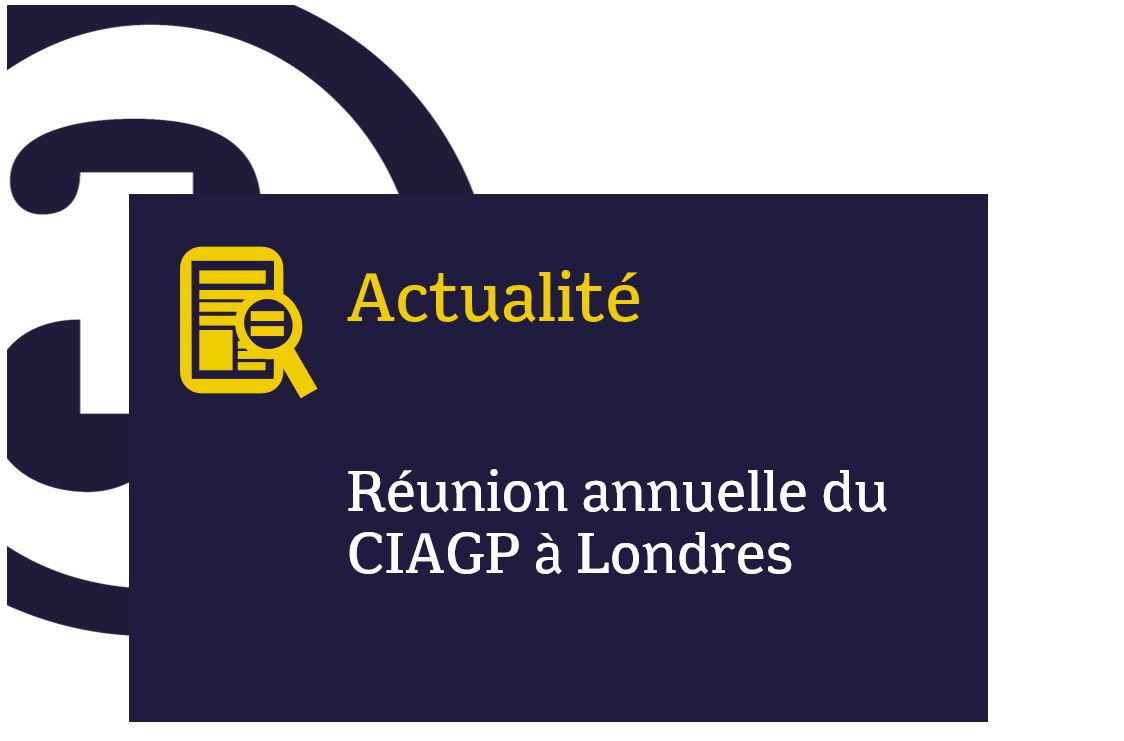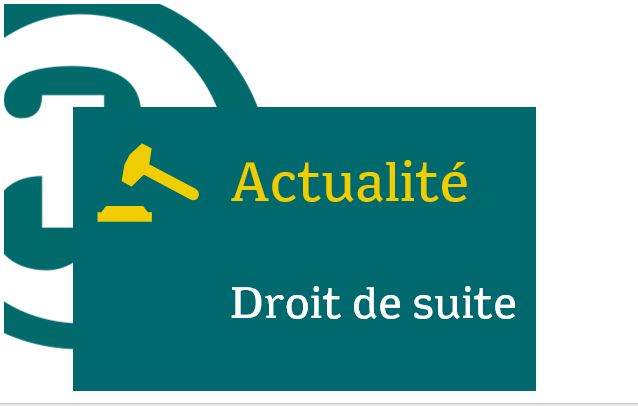Who stands to gain from greenwashing?
Vendors of reconditioned phones and devices are demanding an exemption from private copy levies, spreading numerous untruths in the press over the past few days likely to have disastrous repercussions on a cultural sector already heavily tested by the crisis.
No, private copy levies are not a tax!
Private copy levies are consideration for a right that everyone enjoys on a daily basis: the right to freely copy works that are protected by copyright (films, music, photos, books, etc.) that have been acquired legally and for personal use only. In return, the authors, artists and producers of these works receive remuneration that compensates the financial loss resulting from the massive and free use of their works. This mechanism exists in almost all Member States of the European Union and has constantly demonstrated its value. It benefits consumers of cultural goods, creators, artists and professionals of artistic creation and provides more and more value to smartphones, tablets and storage devices that would be much less appealing without the possibility to store cultural content.
Exempting refurbished devices appears to be all the more unjustified because the use of storage space and duplication of works has been found to be similar on new and refurbished devices. It is therefore only legitimate that remuneration as compensation should apply to each user of a device, whether new or reconditioned.
Private copying remuneration applied to refurbished devices is minimal
Private copy levies represent only 3 to 4% of the price of a refurbished phone, sold on the average for 332 Euros. Therefore, the amount of this levy is not likely to disrupt the refurbished media market, although it is of the greatest importance to finance culture in France. A smartphone sold by the leader of the refurbished market costs roughly the same in France as in other European countries. As a reminder, the tariffs for private copy levies are set by a joint commission and are governed by legal conditions based on usage studies.
The economy behind refurbished media is neither green, nor circular, nor a source of employment!
Refurbished media mainly come from the United States, are recycled in Europe with components from China and are then resold all over the world. An exemption from private copy levies would only benefit the vendors, who are mainly large Internet players, and not the recyclers.
This exemption would deprive French culture of a vital resource to stay dynamic
Faced with a crisis of historical proportions, private copy levies are essential to the future survival of a vibrant and diverse creative and artistic scene. Depriving culture of this revenue stream generated by the flourishing sector of refurbished digital devices would cause a serious loss to artists, authors and businesses in the sector, currently estimated to be 30 million Euros.
For more than 35 years, private copy levies have proven to be effective by contributing to the financing of over 10,000 cultural projects and the remuneration of thousands of artists, creators, authors, producers and publishers of artistic works in all genres. Since last March, private copy levies have been contributing to emergency and relief funds for authors, artists and holders of related rights, who are experiencing extremely difficult financial situations and distress due to the effects of the pandemic. An exemption from private copy levies on these media would represent a serious threat to the cultural sector, which is known for providing jobs to young and unskilled workers, with no risk of offshoring.
Faced with this misleading campaign by refurbishers to dodge private copy levies, the signatory organizations of this press release request that the French Government maintain the private copy levy on refurbished media as already provided for under current law and defend a remuneration mechanism that is essential for culture and those who make it live. The work already undertaken on the subject by the Private Copying Commission must calmly be taken forward in order to design a rate scale adapted to these media.
"Private copy levies are not a tax, but a mechanism in a virtuous cycle to finance the works of authors, artists and cultural enterprises. Their works are massively and freely duplicated on storage devices, such as smartphones. The cultural sector, already severely impacted by a long-lasting and unprecedented crisis, could be deprived of 30 million Euros worth of revenue if an exemption were granted to refurbished devices. The ecological transition cannot be accomplished at the expense of our cultural diversity... and to the benefit of a market that is flourishing, with devices assembled in the United States, recycled in Europe and with components from China, that end up being sold worldwide."
Bruno Boutleux, Chairman, Copie France Board of Directors
ADAGP – ADAMI - PROCIREP - SACD - SACEM – SAIF - SCAM - SCPP – SOFIA - SPEDIDAM - SPPF
See also
Cultural sectors dissatisfied with the implementation of the EU AI Act
This summer, ADAGP, through its European representatives EVA and GESAC, took part in a large coalition of author, performer, publisher, and producer organisations who released a statement in response to the implementation of the European Union Artificial Intelligence Act (AI Act), in which they expressed serious concerns, as the measures...


